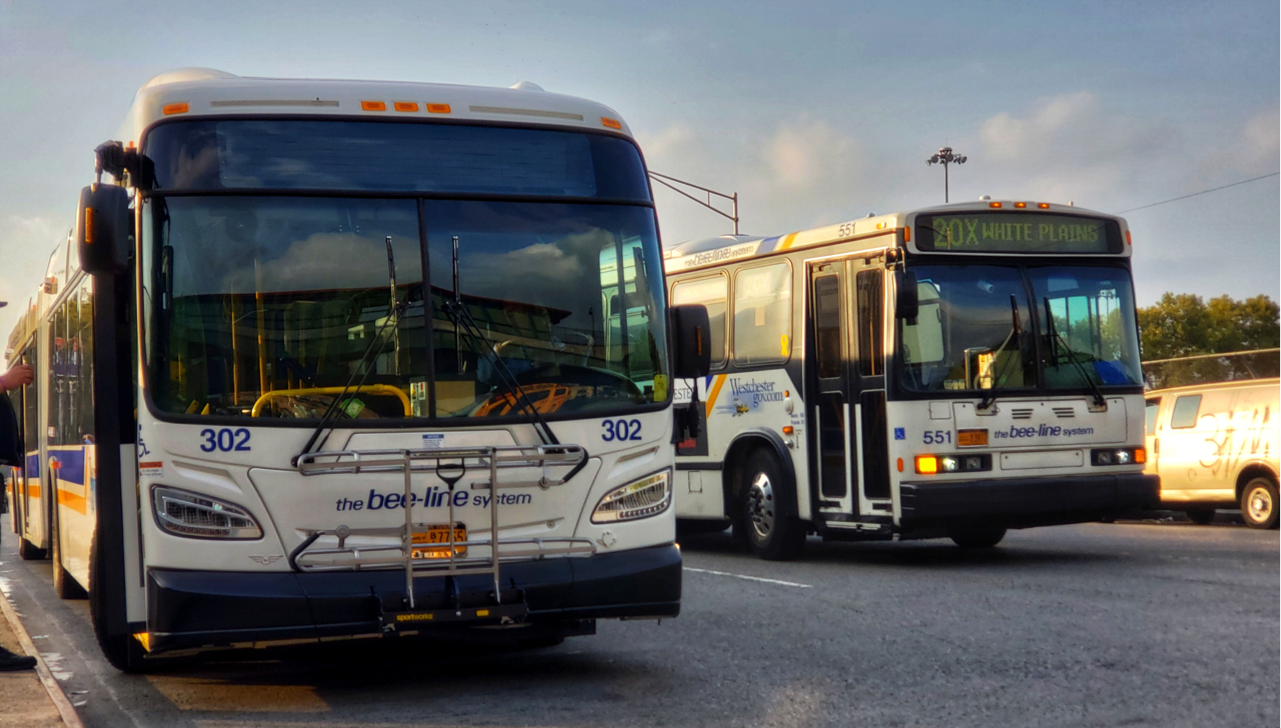Westchester County, in southeastern New York, is considering civil fines for fare evasion on its Bee-Line bus system, as officials estimate 1 in 7 of the system’s 85,000 daily rides go unpaid — totalling around 12,000 unpaid fares per day, or approximately 4.4 million annually. This widespread fare evasion costs the county about $1 million each month.
Instead of pursuing criminal charges, which are allowed under New York State law, the county is opting for a civil penalty approach, proposing a $50 fine for a first offense and $100 for repeat violations.
The proposal comes amid growing fiscal pressure. With the expiration of federal COVID relief funds, the Department of Transportation has seen a 40% rise in its dependence on local tax support. County officials say tax-levy support for transit grew from $55 million to $77 million in 2025. In addition, the county reported a $25 million revenue shortfall in the first quarter, and recent federal budget cuts have added to the strain—making fare evasion a significant and avoidable source of lost income.
Since early July, officers from the county’s Department of Public Safety have been conducting fare compliance checks on buses, removing 100 fare evaders as a warning. Officials believe last summer’s free fare program may have encouraged habits of non-payment.
Bus rider Jay White, a regular commuter on routes #3 and #8, noted frequent instances of passengers boarding through the rear doors without paying. “The 8 line is the worst,” he said. “You’ll see three or four jump on without paying.” He suggested restricting entry to front doors only, to improve fare compliance.
Adding to the challenge is limited access to MetroCard purchasing options in Westchester. While New York City transitions to the OMNY contactless payment system, MetroCard availability has declined, and OMNY has not yet been fully implemented on Bee-Line buses. Installation is expected later this year.
During a recent committee meeting, county legislators raised concerns about the proposed fines. They questioned how collected fines would be distributed—currently, they would go to the municipalities where violations occur, not to the county. Anyone challenging a summons would appear in local court, and it would be up to municipalities to pursue collection of unpaid fines.
Lawmakers also discussed adding a statute of limitations and possibly a sunset clause to the law. Legislator Emiljana Ulaj supported the non-criminal approach but stressed the need to avoid disproportionately impacting low-income riders. “There’s a whole population out there where $2.75 is too much,” she said. “People got used to using the bus when it was free.”
The Board of Legislators is expected to revisit the proposed policy at a future meeting, where more input from the Department of Public Safety will be considered.
Read the full article here: https://eu.lohud.com/story/news/local/westchester/2025/08/01/westchester-county-ny-cracks-down-on-beeline-fare-evaders-with-cops-on-buses-proposed-fines/85423695007/



